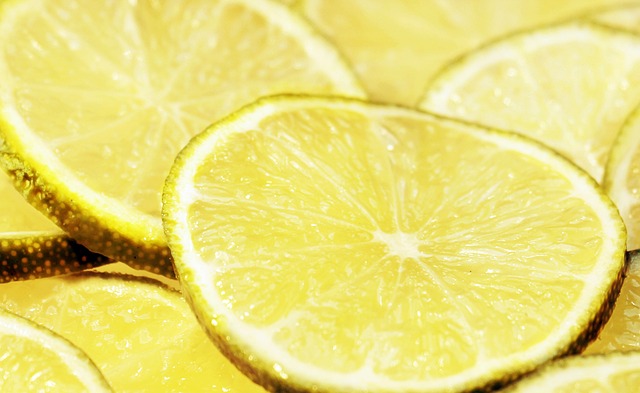Beyond Yogurt: Exploring Probiotic-Rich Foods for Gut Restoration and Wellness
The health of our gut plays a crucial role in our overall well-being. A balanced gut flora can improve digestion, boost immunity, and even impact mental health. While yogurt has long been celebrated as a probiotic-rich food, there is a whole world of other options to explore. In this blog post, we will take a closer look at some lesser-known probiotic-rich foods that can help restore and maintain a healthy gut.
Sauerkraut
Sauerkraut, a fermented cabbage dish, is more than just a tasty topping for hot dogs. It is an excellent source of probiotics, containing live bacteria such as Lactobacillus and Leuconostoc. These beneficial bacteria help promote a healthy gut environment by supporting digestion and nutrient absorption. Incorporating sauerkraut into your diet can be as simple as adding a spoonful to your salads, sandwiches, or as a flavorful side dish.
Kimchi
Hailing from Korean cuisine, kimchi is a spicy and tangy fermented vegetable dish, typically made from cabbage and radishes. Kimchi is packed with probiotics like Lactobacillus plantarum and Lactobacillus brevis, which contribute to a diverse gut microbiota. Its unique flavor profile makes it a versatile ingredient that can be enjoyed as a side dish, added to stir-fries, or used to spice up your favorite recipes.
Tempeh
Tempeh is a plant-based protein source made from fermented soybeans. It is rich in beneficial bacteria, including strains like Bacillus subtilis and Rhizopus oligosporus. These probiotics help break down the anti-nutrients present in soybeans, making the nutrients more accessible to our bodies. With its nutty flavor and firm texture, tempeh is a popular meat substitute and can be used in a variety of dishes, such as stir-fries, salads, and sandwiches.
Miso
Miso, a traditional Japanese seasoning, is made by fermenting soybeans with salt and a specific fungus called Aspergillus oryzae. This fermentation process produces probiotic-rich miso paste, which is then used to flavor soups, stews, dressings, and marinades. Miso is an excellent source of probiotics, including various strains of Lactobacillus and Bifidobacterium. It not only adds a unique umami flavor to dishes but also supports gut health.
Kombucha
Kombucha tea is a fermented drink made from sweetened black or green tea and a symbiotic culture of bacteria and yeast (SCOBY). This fizzy and tangy beverage is rich in probiotics, organic acids, and antioxidants. The probiotic strains found in kombucha include Lactobacillus, Saccharomyces, and Brettanomyces, which contribute to a healthy gut microbiome. Kombucha is available in many flavors and can be a refreshing alternative to sugary beverages.
Conclusion
While yogurt is a well-known source of probiotics, there are many other options to explore when it comes to restoring and maintaining a healthy gut. Incorporating probiotic-rich foods like sauerkraut, kimchi, tempeh, miso, and kombucha into your diet can provide a diverse range of beneficial bacteria to support your gut health. Experiment with these flavorful options and see how they contribute to your overall well-being.
Remember, it’s always essential to consult with a healthcare professional or a registered dietitian before making significant dietary changes.







